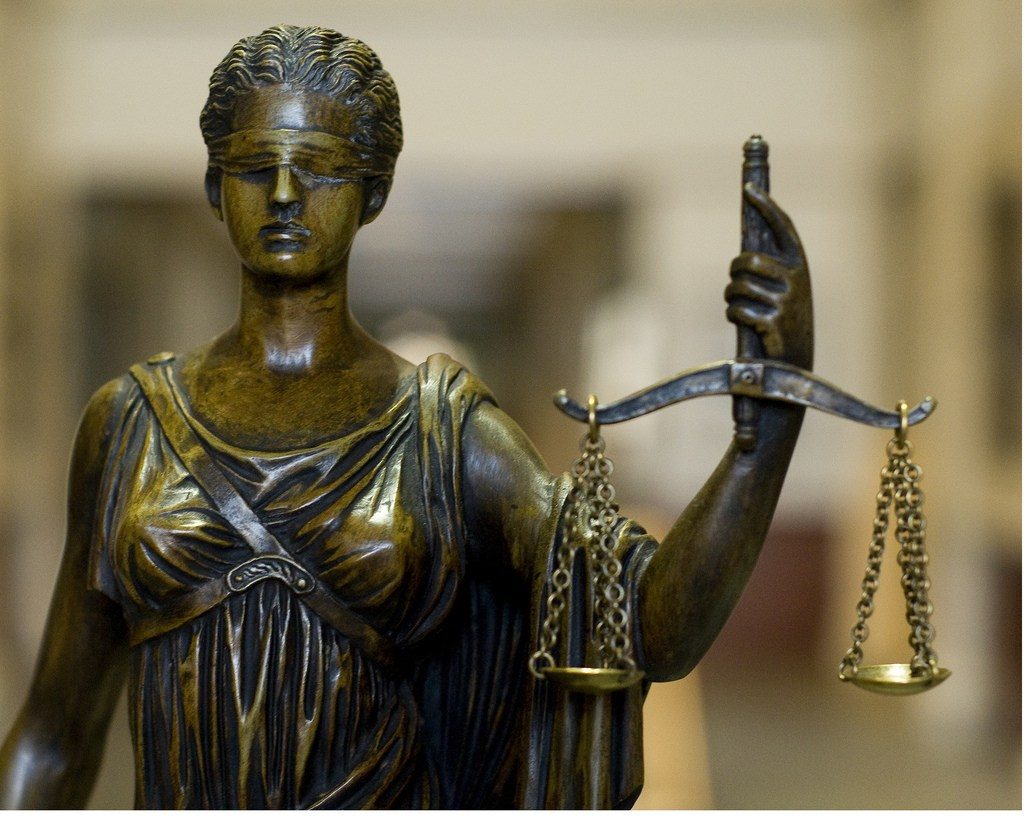SN Misra
Former home minister and finance minister P Chidambaram, also a formidable legal luminary, in a statement he gave at the AICC headquarters before the CBI arrested him in connection with the INX media case, invoked right to life and liberty under Article 21 as his fundamental right. If asked to choose between life and liberty, he said, he would “unhesitatingly choose liberty”. He also said he will respect law “even if applied with an unequal hand by probe agencies”. He was obviously aware that the noose of arrest was closing around his neck, when Justice Sunil Gaur of Delhi High Court denied him pre-arrest bail. Justice Gaur was convinced that the offence was “too grave” and the reply Chidambaram gave CBI investigators earlier was “evasive”.
He called the INX media case a classic case of “money laundering” and that “the offenders must be exposed, no matter what their status is”. Justice Gaur also referred to the decision of the Supreme Court in Rohit Tandon vs Directorate of Enforcement (2017) where the highest court had denied bail to the accused, as it involved money laundering and white collar crimes or economic offenders had deep-rooted conspiracies.
It would be interesting to note that judges are often critical for their pronounced political predilections and accused of being swept by the tide of public opinion and political status of the accused. Benjamin Cardozo, one of the greatest judges the US Supreme Court has seen (32-38), had presciently observed: “The great tides and current which engulf the rest of men do not turn aside in their course and pass the judges by.”
A case in point is the Sohrabuddin Sheikh alleged encounter murder November 26, 2005. In a remarkable book ‘Between Memory and Forgetting’ (2019), Harsh Mander brings out how investigation by Geetha Joshi, IG, had established that the police story was a criminal fabrication. When the trial judge JT Utpat ordered Amit Shah to be present in court June 26, 2017, he was transferred to another court. BH Loya, his successor, died under circumstances claimed to be suspicious by family members. Justice Loya was expressing concerns over Shah’s failure to appear before the CBI court. When the case came up before the Mumbai High Court, Mander’s plea for fair trial was dismissed without giving substantial reasons. Shah was charged as principal conspirator by the CBI and jailed in 2010.
When he eventually got bail, he was not allowed to enter the state. However, once Modi returned to power, Shah became the BJP President and the second most powerful person in the country. The wheel of Sohrabuddin case has turned full circle.
The Supreme Court had called the CBI a caged parrot. On August 21 they became ‘jumping jacks’ to arrest Chidambaram from his Jorbagh residence. The new home minister has, in a sense, paid the compliment back to the old HM.
As the Supreme Court takes up the case of Chidambaram for hearing, it should remember what the noted jurist MC Setalvad said on January 28, 1951, the day the Supreme Court started functioning in India: “Like all human institutions, the Supreme Court we hope will earn reverence, through truth.” Discovery of truth, ensuring equality before law have been cardinal challenges before the Supreme Court.
The Supreme Court evolved the concept of ‘intelligible differentia’ to justify unequal treatment between citizens, if they belong to separate ‘classes’ under Article 14, which provides for right to equality. It is because of this doctrine that the court did not find reservation for SC-ST for initial recruitment and even for subsequent promotion, as discriminatory as they belong to a different class and deserve ‘positive discrimination’.
This has definitely diluted merit-based recruitment. Equality of opportunity and discrimination as guaranteed under Articles 15 and 16, have become illusory. While the wheel of justice will have its full play, it remains to be seen whether the judges would be swayed by public euphoria and fear of political power or would uphold the canons of fair play, justice and equality before law without fear, favour or ill will.
The writer teaches Constitutional law.
